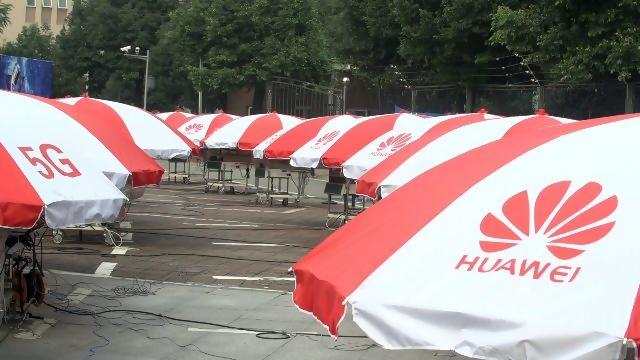 China’s Huawei Technologies, viewed with suspicion in congress as a potential threat to U.S. national security, has laid off five employees at its Washington office and slashed lobbying expenditures, Reuters reported.
China’s Huawei Technologies, viewed with suspicion in congress as a potential threat to U.S. national security, has laid off five employees at its Washington office and slashed lobbying expenditures, Reuters reported.
Huawei, the world’s third largest smartphone maker, let go its vice president of external affairs Bill Plummer and four other people in the Washington office.
The company also slashed lobbying expenditures to $60,000 in 2017 from $348,500 in 2016, according to Huawei filings.
“Like every company, we continually evaluate our organization and align our resources to support our business strategy and objectives,” a Huawei spokesman said. “Any changes to staffing size or structure are simply a reflection of standard business optimization.”
The retrenchment comes amid a steady drip of bad news for the Chinese telecommunications company prompted by concerns by U.S. national security experts and China hawks who are loath to see equipment made by a Chinese firm installed in the U.S. telecommunications network.
In February, two Republican U.S. senators introduced legislation that would block the government from buying or leasing telecommunications equipment from Huawei or China’s ZTE, citing concerns that the companies might use their access to spy on U.S. officials.
Such concerns have extended to handsets. In January, AT&T was forced to scrap a plan to offer its customers Huawei handsets after some members of Congress lobbied against the idea with federal regulators.
When US president Donald Trump blocked the proposed acquisition of Qualcomm by Broadcom, threats from China-based wireless equipment makers was in the mind of the US administration.
The United States this week banned American firms from selling parts and software to ZTE for seven years. Washington accused ZTE of violating an agreement on punishing employees after the company illegally shipped U.S. goods to Iran.
Shenzhen-based Huawei saw net profit rise to 47.5 billion yuan or $7.3 billion in 2017, up from a 0.4 percent increase in 2016. The rise was partly the result of a 85 percent drop in net financing expenses and partly due to higher revenue.





